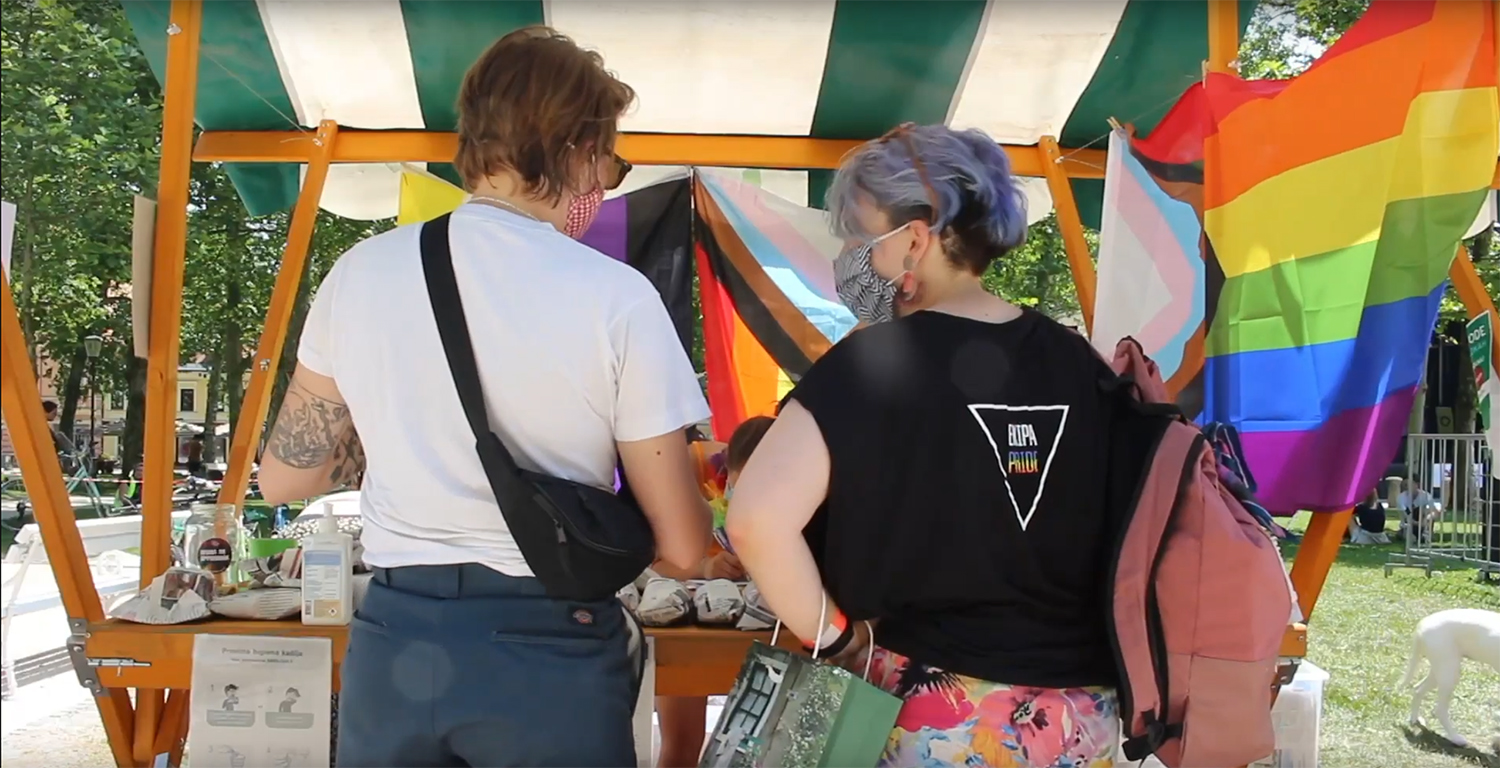Slovenia’s parliament adopted on Tuesday an amendment making it the first country in Eastern Europe to legalize same-sex marriage and adoption, but the path towards legalization has been a fraught one and some critics would even claim the entire process was anti-democratic.
Although Slovenes have rejected same-sex marriage in three separate national referendums, the country’s Constitutional Court ruled in July that the law defining marriage as the sole union of a man and a woman discriminated against gay and lesbian couples. The law was suspended, and the court ordered parliament to amend the text within six months.
On Tuesday, the family law amendment was voted on by 48 MPs, with 29 voting against and one abstaining, according to Hungarian news outlet Ziare.
[pp id=43074]
“With these amendments, we recognize rights for same-sex couples that they should have had long ago,” State Secretary for Labour, Family, Social Affairs and Equal Opportunities Simon Maljevac told MPs when he presented the amendment.
The main opposition party, the Slovenian Democratic Party (SDS), criticized the court’s decision and organized several rallies of opponents.
“The best fathers will never replace a mother and vice versa,” said SDS parliamentary group chair Alenka Jeraj at the opening of the debate.
Critics of the new law also note that democratic referendums have shown the will of the people in opposition to same-sex marriage on numerous occasions. Meanwhile, the entire democratic process was sabotaged by an unelected court that forced the legal change on the Slovenian public.
Slovenia is the first former communist country in Europe to ratify this reform. Now, Slovenia joins France, Germany, Switzerland, Norway, and Portugal, becoming the 18th country in Europe to legalize universal marriage. Civil union remains the only legal status for same-sex couples in Hungary, Croatia, Greece, Cyprus, Italy, and the Czech Republic. On the other hand, Latvia, Lithuania, Poland, Slovakia, Romania, and Bulgaria, recognize no form of union for same-sex couples.
In Romania, for example, the last referendum to legalize same-sex marriages organized in 2018 was invalidated due to too many abstentions. In Hungary, Viktor Orbán has fought to ensure marriage is defined as between a man and a woman, with the country even changing its constitution in 2020, which now defines the family as “based on marriage and the parent-child relationship” where “the mother is a woman, the father is a man.”
In June 2021, the Hungarian parliament also adopted a text prohibiting the teaching of LGBT ideology to minors in a school setting, including sex education lessons if they “aim to promote gender non-conformity, sex reassignment or homosexuality.”





